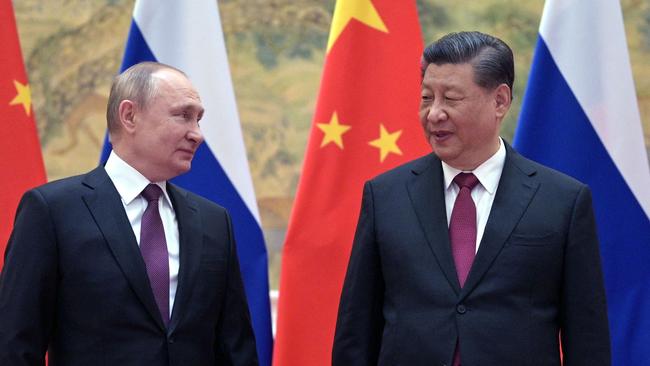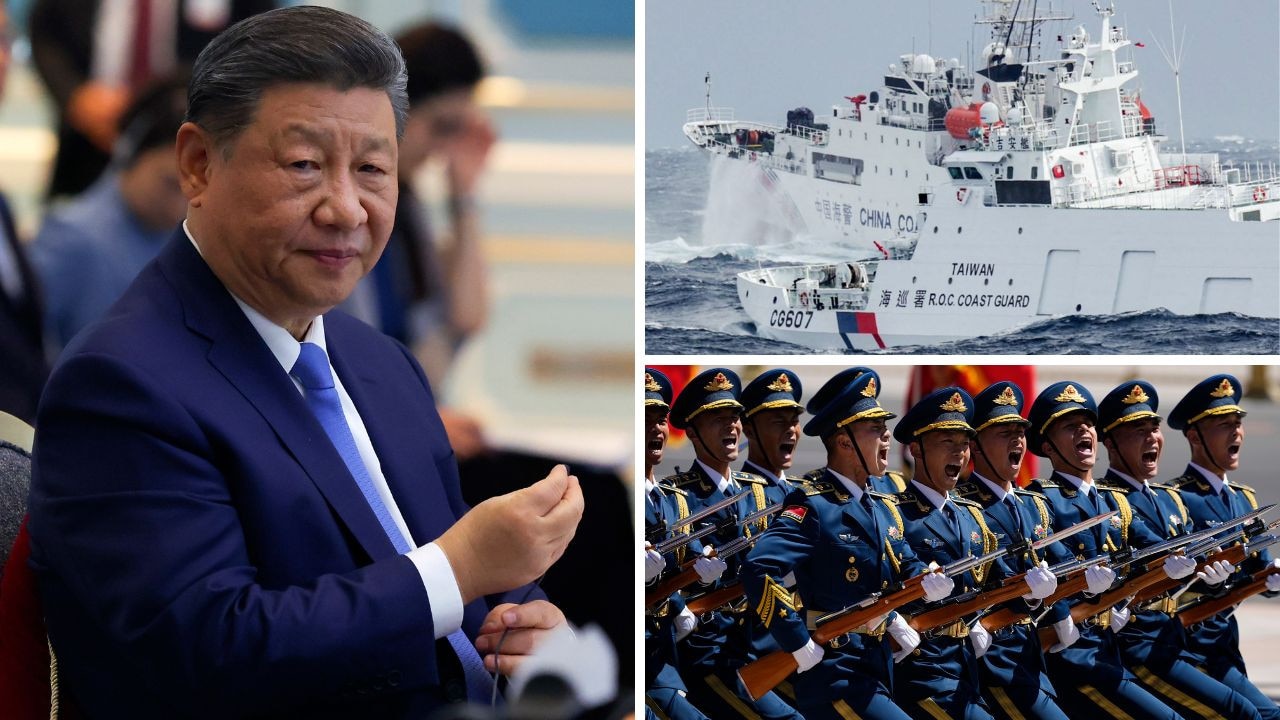
Victory is declared when an invading force is expelled from a country. But political battle scars can be permanent and effect radical change in a nation’s development. After Russian invaders were expelled from Bucha in Ukraine, President Volodymyr Zelensky visited the town and witnessed the aftermath of a massacre. Russians reportedly had tortured men and women, many of them civilians, before killing them. After seeing the evidence of brutality, Zelensky was visibly distraught. Haaretz reported his remarkable statement that a future Ukraine would not be built in the image of the liberal European state. “We will become a ‘big Israel’ with its own face,” he said.
The immediate effect of the Russian invasion has been death, destruction and a refugee crisis. More than four million Ukrainians have fled their country, according to the UN.
The longer-term impact could well be the closing of the Western world. The militarisation of Europe, especially in nations that are vulnerable to invasion because of fragile economies, corruption and proximity to illiberal aggressors, will be a feature of the political architecture. If the solution to the Russian problem is to reject liberal democracy for more closed and militarised states, the open society ideal is effectively at an end. It is a significant moment for the West.
The internal dismantling of the liberal democratic model has been taking place since at least the 1960s when the militant left marched across US university campuses and demanded the destruction of Western civilisation.
After 9/11, open society was challenged by the militancy of Islamists hellbent on establishing a global caliphate in the ashes of the American dream. As free world allies fought against Islamist fundamentalists, they became more aware of deeply hostile anti-Western thought that had taken root at home in Europe, Britain, the US and Australia.
Democratic citizens shocked by the rise of transnational jihad and numerous murderous attacks on Western soil voted to end the open border policies that empowered it. The loss of innocence among liberals about the nature of militant Islamism was painful and many denied it to maintain their faith in the intrinsic virtue of multiculturalism. However, the rise of Islamic State was the final chapter in the story of multicultural idealism. The belief that the world was moving inexorably towards a universal liberal order that would be embraced by people of all cultures and faiths could no longer be sustained.
The fight against Islamism brought the West into alliance with old foes. Communist and Islamic nations joined liberal democracies to defeat the scourge of ISIS. But the alliances were transactional. Less than a year after ISIS was ousted from the last territory it had occupied, new threats emerged. The novel coronavirus detected in China in 2019 developed into a pandemic that tested faith in the ability of multilateral institutions such as the World Health Organisation to defend the liberal international order.
Institutions created to prevent totalitarian history repeating have failed to counter the march of tyranny. Russia and China liquidate political opponents at home and are testing their military strength on smaller nations. The Chinese Communist Party’s latest attempt on the sovereignty of Solomon Islands is presented as a security pact between two independent states. In reality, under Prime Minister Manasseh Sogavare, Solomon Islands is becoming a vassal state of China.
Since cutting diplomatic ties with Taiwan, Sogavare has sought closer links with the communist regime. Last year, former government MP Silas Tausinga told The Australian that MPs were offered $44,000 from a Chinese slush fund to vote against a no-confidence motion against Sogavare. Opposition politicians have described the development fund being manipulated by China to interfere in sovereign affairs. However, Sogavare survived the vote as well as the riots against Chinese-funded corruption that had preceded it.
The draft security pact between the Solomons and China revealed by New Zealand academic Anna Powles sets out terms to enable Chinese military deployment to the state. CCP press outlet Global Times has claimed the objective is to protect Chinese people living in the Solomons. It alleged the recent riots provoked by CCP-funded corruption of Solomon Islands governance had nothing to do with the communist state. Rather, the rioters targeted Chinese businesses because “the Chinese community is often the victim of social instability”.
The CCP view that it has the right to deploy forces to protect Chinese people living in foreign states against the citizens of those states is the justification Russia used to invade Ukraine. The totalitarian is a cultural chauvinist and admits no territorial limitations on his right to rule.
If liberal democracies are to survive the subversion of open society by autocratic states, they must prepare for greater militarisation and ensure the loyalty of their citizens rests with the West.






The liberal world order that promised peace and prosperity after World War II is coming apart. The return of a totalitarian axis of power in Eurasia, Russia’s invasion of Ukraine, China’s militarisation and an accelerating arms race threaten greater conflict on the world stage. Russia and China are drawing closer trade and military ties with the shared goal to end Pax Americana. The hope that post-Soviet Russia would be drawn into a democratic security community is shattered.